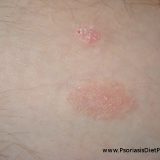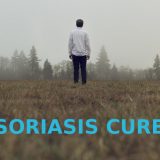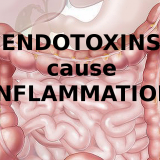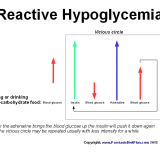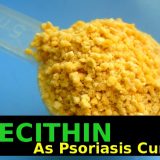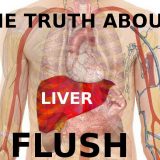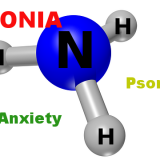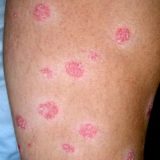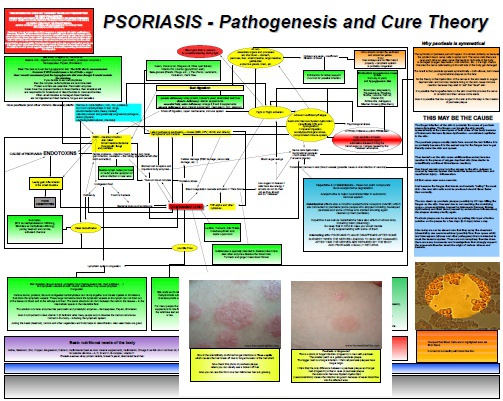Subclinical Vitamin Deficiencies and Neurotoxins In Psoriasis
Many people recommend the food as the main part of the healing psoriasis. I mean real unprocessed food like salmon instead of salmon oil in capsules. Sure, if you have a lot of money to buy top quality foods you can do that. However, most psoriatics can’t afford buying like 1-2 pounds of wild salmon daily that’s why some supplement is the only answer for them. You must understand that digestion is the culprit when eating the real food as…


